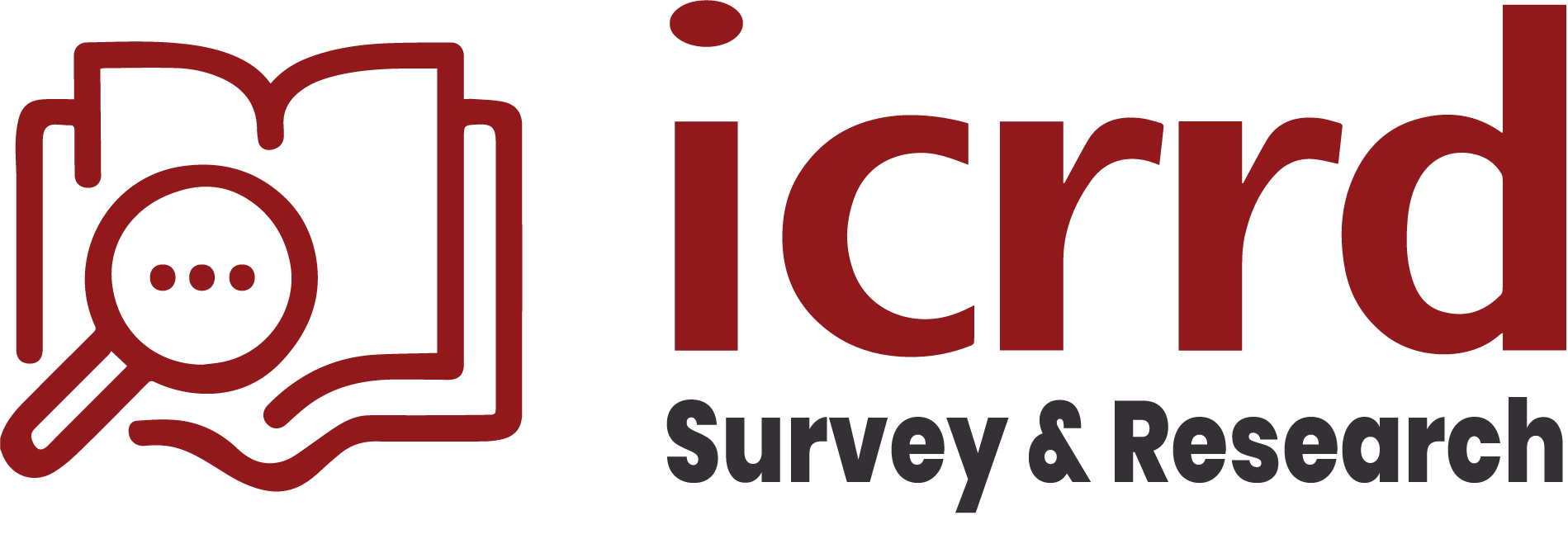The Industrial Audit is a systematic and comprehensive evaluation of industrial processes, practices, and systems within a company or manufacturing facility. The primary purpose of an industrial audit is to assess the efficiency, effectiveness, compliance, and safety of operations to identify areas for improvement and ensure optimal performance.
Key Objectives of an Industrial Audit
Process Efficiency: Assessing the efficiency of industrial processes to identify bottlenecks, waste, and opportunities for streamlining operations and reducing production costs.
Quality Control: Evaluating quality control measures to ensure products meet specified standards and identifying areas for enhancing product quality.
Health and Safety Compliance: Ensuring compliance with health and safety regulations to safeguard the well-being of workers and minimize workplace accidents.
Environmental Compliance: Evaluating environmental practices to ensure compliance with environmental regulations and promote sustainability.
Resource Utilization: Analyzing the use of resources, such as energy, water, and raw materials, to identify opportunities for conservation and waste reduction.
Maintenance and Equipment: Assessing the maintenance practices and condition of industrial equipment to enhance reliability and prevent costly breakdowns.
Human Resources: Reviewing workforce training, skill development, and overall employee engagement to enhance productivity and job satisfaction.
Process of Conducting an Industrial Audit
Preparation: Defining the scope, objectives, and key performance indicators (KPIs) of the audit, and assembling an audit team with relevant expertise.
Data Collection: Gathering information through site visits, interviews, document reviews, and data analysis. This involves understanding the production processes, safety protocols, environmental practices, and other relevant aspects.
Assessment: Analyzing the collected data against established standards, regulations, and best practices to identify areas of non-compliance or potential improvements.
Findings and Recommendations: Documenting the audit findings and developing actionable recommendations for addressing identified issues and enhancing industrial performance.
Report and Communication: Preparing a comprehensive audit report to present the findings and recommendations to relevant stakeholders, including management and regulatory authorities.
Implementation and Follow-Up: Supporting the organization in implementing the recommended changes and conducting follow-up assessments to track progress and ensure the effectiveness of improvements.
Benefits of an Industrial Audit
Improved Efficiency: Identifying process inefficiencies and implementing improvements can lead to increased productivity and cost savings.
Enhanced Quality Control: Addressing quality issues can result in better product consistency and customer satisfaction.
Safety Compliance: Ensuring compliance with safety regulations can prevent accidents and injuries, protecting the workforce and the company’s reputation.
Environmental Responsibility: Identifying opportunities for sustainable practices can reduce the environmental impact of industrial operations.
Risk Mitigation: Identifying potential risks and non-compliance issues early can prevent legal liabilities and financial losses.
Operational Excellence: An industrial audit helps organizations strive for continuous improvement and operational excellence.
In summary, an industrial audit is a valuable tool for companies seeking to optimize their industrial processes, ensure compliance with regulations, and enhance overall performance, safety, and sustainability.




